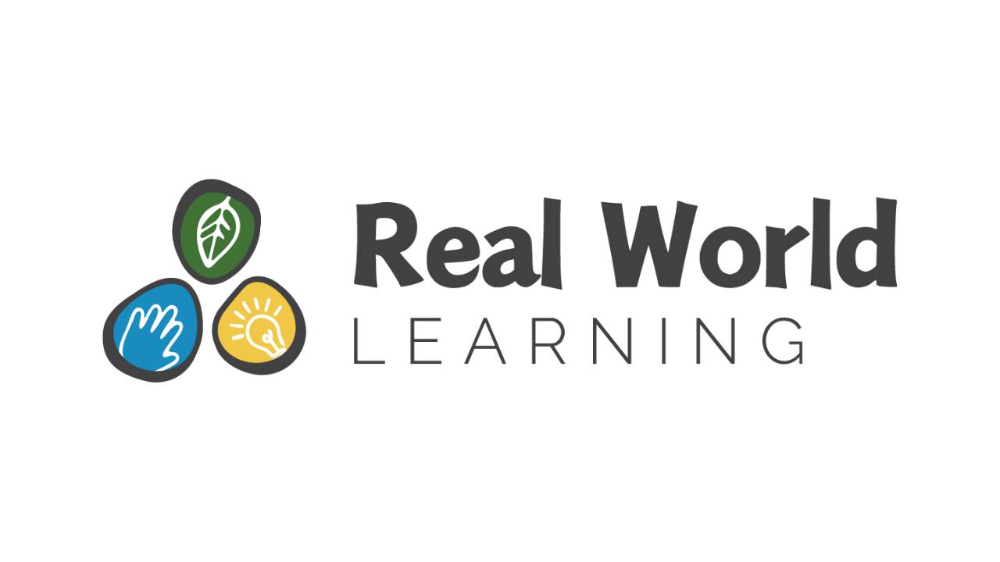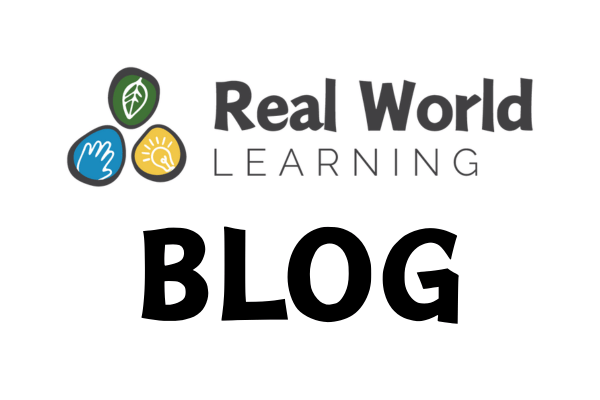Why Sustainability Matters in Early Childhood

Embedding sustainability in early childhood education and care (ECEC) is more than a trend, or something that's nice to do; it's a necessary shift towards nurturing future generations who are informed, empowered, and equipped to create a sustainable future - where they can thrive in uncertainty. In our new guide, Why Sustainability Matters in Early Childhood, we explore the vital role that early childhood education plays in developing lifelong sustainable habits and values.
The Importance of Early Years for Sustainability
The early years are crucial for setting the foundation of lifelong values and behaviours. Children are naturally curious and eager to explore the world and understand their place in it, making it the ideal time to introduce sustainability concepts. By fostering these values early, we reduce the need for behaviour changes later in life, which can be a challenging prospect - we all know behaviour change doesn’t come easy! Early childhood educators have a unique opport...
Embedding Sustainability Principles & Practice

You’ve probably checked out the revised Early Years Learning Framework by now, even if this isn’t the Learning Framework you work under it appears to be driving change and setting the tone for the other Frameworks that are due for an update in the next little while. So it’s good to have an understanding of the direction its heading and the changes being made.
From a sustainability perspective there’s lots to be excited about! 🎉🎉🎉
Sustainability has been identified as a new Principle which means it should underpin your program and practice. That's a big shift. An important shift. And I’m all about it! 🌏
The thing that makes it easier is that they have also expanded the definition of sustainability. Sustainability is now defined as:
Seeking to meet the needs of the present generation without compromising the needs of future generations. This definition is derived from the United Nations Bruntland Commission Report from 1987. It’s by no means a new idea. I have also heard it s...
Getting Everyone on the Same Page - What is sustainability?

What does sustainability mean to you?
Do you think it means the same thing to the rest of your team, the children, families or others out in your community?
You might be surprised…😲
What I know to be true, is that sustainability can mean something different to everyone…
I’ve asked hundreds of people that question, and I’ve had hundreds of different responses.
But why..? I hear your inner 4 year old ask…🤔
Let’s think about that for a moment…
Sustainability is a concept. It’s big and complicated (well, to most of us anyway). It’s not clearly defined. It’s more about “the vibe”...
It’s not a list of criteria or specific actions we can check off a list.
How we define and understand sustainability is influenced by things like our experiences (what we’ve done), education (what we’ve learnt), values (what is important to us), culture (how we see and value the world around us and our place in it) and context (where we come from).
It’s emotive. For some reason the word sustainabi...
Principles & Practice - Sustainability in the EYLF & MTOP 2.0

It feels like now is a great time to be focused on improving your sustainability practices and bringing sustainability to life for children.
It can feel overwhelming. It’s an important role you’re playing as an educator working with young children, and it seems that with the recent changes to the EYLF and MTOP Frameworks, others are beginning to see the potential impacts you can make too!
Let's unpack some of the changes to the frameworks as they relate to sustainability, and what they might mean for you and your service.
Let’s dive in…
The Frameworks have expanded their definition of sustainability. Previously the focus seemed to be on the environmental aspects of sustainability - encouraging children to show respect for the environment, connections to nature, use of natural materials, etc.
The revised Frameworks define sustainability as:
Sustainability: seeking to meet the needs of the present generation without compromising the needs of future generations (Brundtland Report ...



